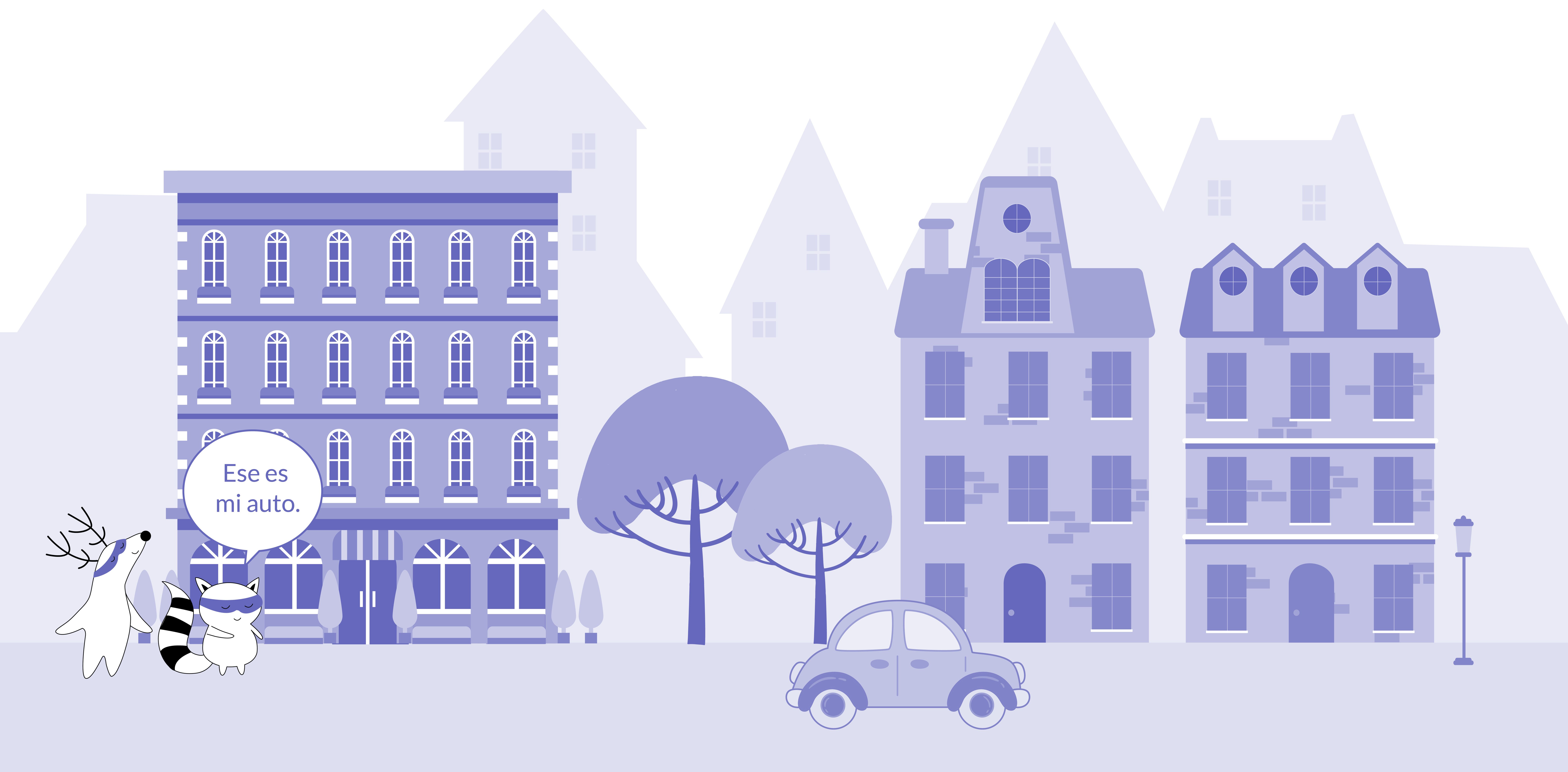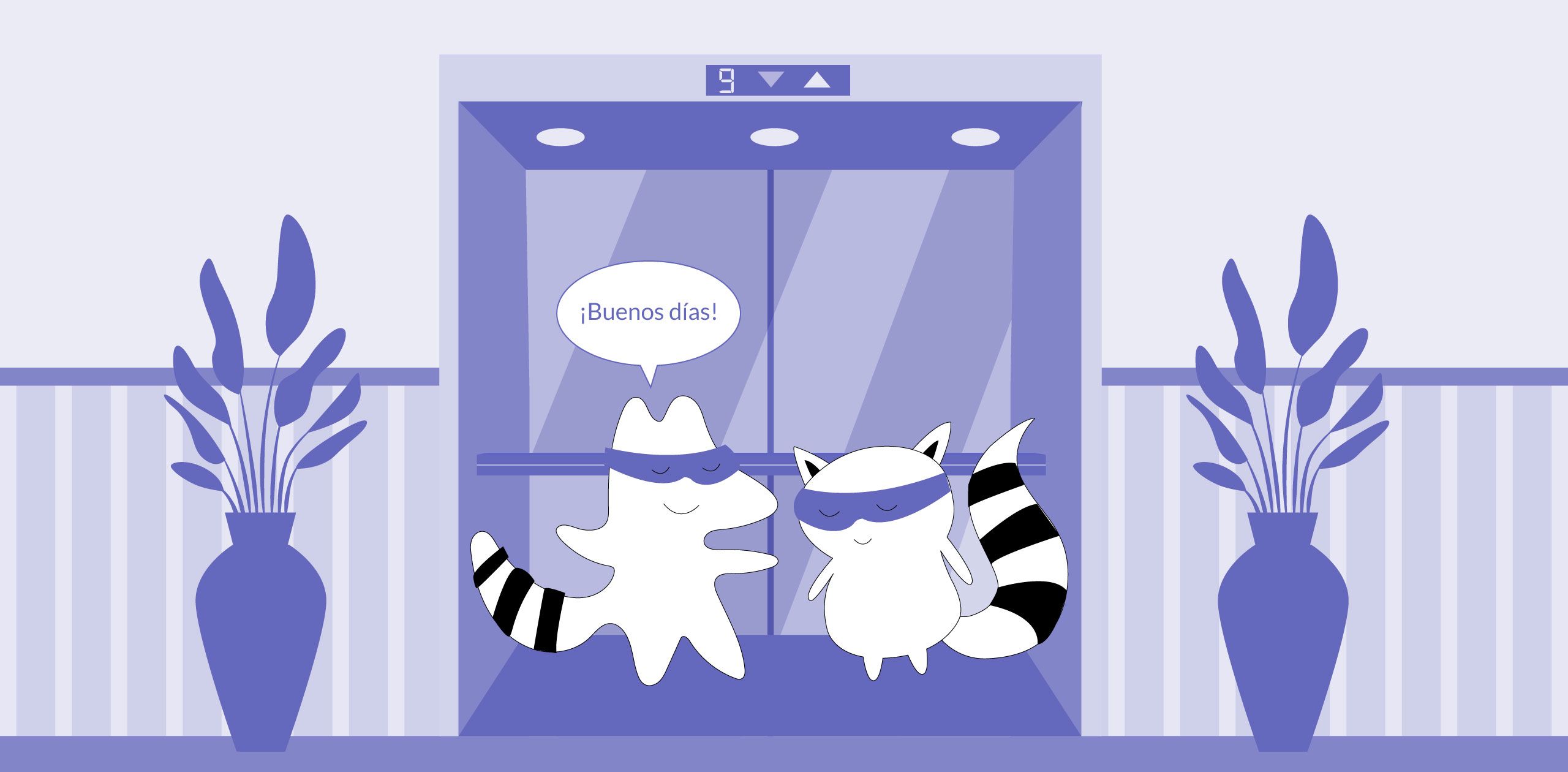
One of the best ways to learn a new language is by getting to know native speakers of that language. By asking them questions and engaging in conversation, you can learn more about them, the culture, and how to use the language.
Spanish is one of the most commonly spoken languages, with over 480 million native speakers from all over the world, so you definitely need a few conversational phrases in your arsenal. Since you already know how to greet someone in Spanish, it’s time to move further in the conversation.
If you're looking for different ways to start conversations with Spanish speakers and get to know them better, here are the ten reliable phrases you can use:
Learn Spanish with Langster
¿Cómo te llamas?
To ask a Spanish speaker their name, you can say ¿Cómo te llamas? which means "What's your name?" This is one of the most basic and important phrases for beginners you can learn in any language. Asking someone their name is a great way to start a conversation and get to know them better.
Use the tú form of this phrase when speaking to someone your age or younger. When speaking to someone older than you or someone you don't know well, you need to say ¿Cómo se llama usted?
Spanish
English
¿Cómo te llamas? ¿Cómo se llama usted?
What's your name?
¿Cuál es tu nombre?
¿Cuál es tu nombre? is another way to ask someone's name in Spanish. It literally means the same thing as ¿Cómo te llamas? but is a bit more formal. If you want to make it even more formal to show your respect to the other person, you can use the form ¿Cuál es su nombre usted?
Spanish
English
¿Cuál es tu nombre?
What's your name?
You can also use this phrase to introduce yourself. When someone asks you your name, you can say Mi nombre es Paco which means "My name is Paco."
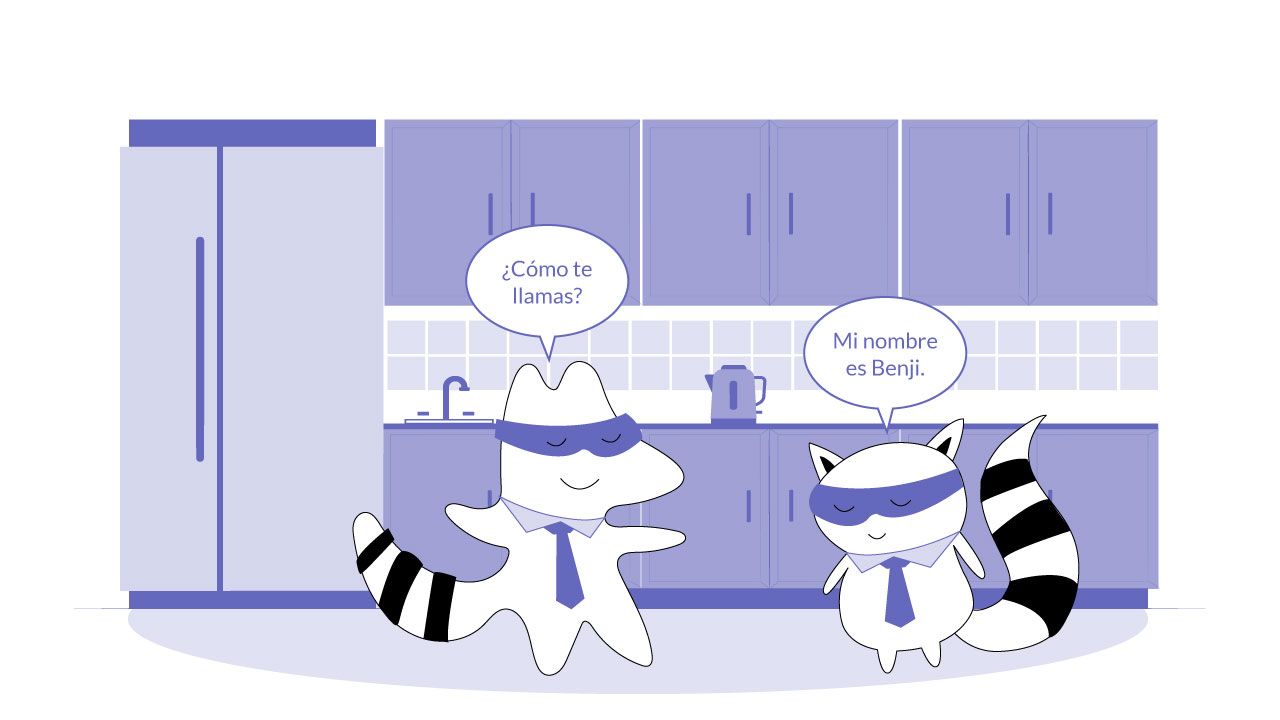
¿Cuántos años tienes?
To ask someone their age in Spanish, you can say ¿Cuántos años tienes? This phrase means "How old are you?" and it is an excellent way to learn more about the person you’re speaking to.
Spanish
English
¿Cuántos años tienes?
How old are you?
Their reply will tell you how old they are. For example, if someone is 30 years old, they might say Tengo 30 años.
¿De dónde eres?
If you want to ask someone where they're from in Spanish, you can say ¿De dónde eres? (or ¿De dónde es usted?). This phrase means "Where are you from?" and is one of the common ways to learn about someone's background.
Spanish
English
¿De dónde eres?
Where are you from?
They may reply with their country, city, or both. For example, if someone is from Madrid, Spain, they might say Soy de Madrid, España.
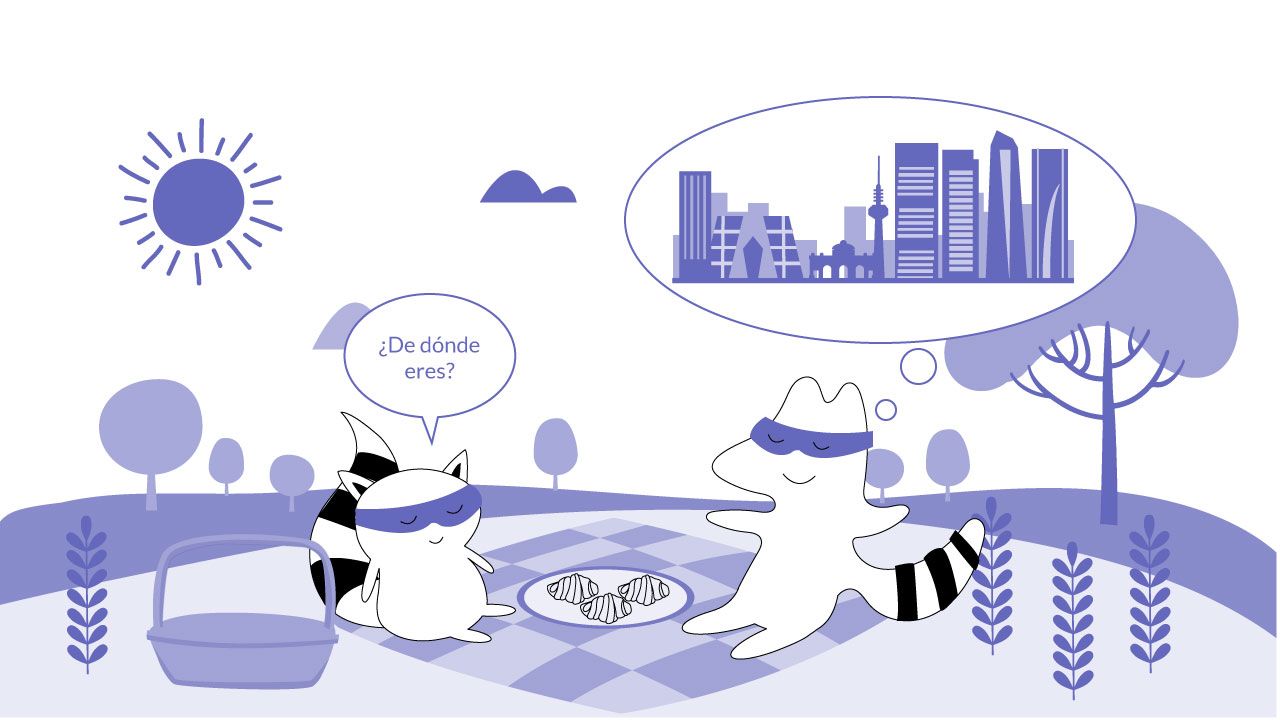
¿Tienes hermanos o hermanas?
You can say ¿Tienes hermanos o hermanas? This phrase means "Do you have any brothers or sisters?" and is a great way to ask about someone's family.
Spanish
English
¿Tienes hermanos o hermanas?
Do you have any brothers or sisters?
They may reply by telling you how many brothers or sisters they have. For example, if someone has two brothers, they might say, Tengo dos hermanos.
There are also other ways to ask about someone's family. For example, you can say ¿De dónde es tu familiar? which means "Where is your family from?" or ¿Cómo se llaman tus padres? which means "What are your parents' names?"
¿Qué te gusta hacer?
If you want to ask someone how they like to pass the time in Spanish, you can say ¿Qué te gusta hacer? This phrase literally means "What do you like to do?" and is a great way to learn more about someone's interests.
Spanish
English
¿Qué te gusta hacer?
What do you like to do?
They may reply with something they like to do for fun or tell you a bit about their hobbies. For example, if someone likes to read, they might say Me gusta leer.
¿Cuáles son tus hobbies?
Let’s say asking the person about their pastimes went well, and you’d like to ask more about hobbies. You can say ¿Cuáles son tus hobbies? This phrase means "What are your hobbies?" and is a great way to learn more about what someone likes to do in their free time.
Spanish
English
¿Cuáles son tus hobbies?
What are your hobbies?
This phrase is similar to ¿Cuáles son tus pasatiempos? but is less formal.
Their answer will tell you a lot about their interests and what they like to do for fun. For example, if someone enjoys playing sports, they might say Me gusta jugar al fútbol. If you wanted to go further with this topic, you could ask about their favorite sport, saying ¿Cuál es tu deporte favorito?
Spanish
English
¿Cuál es tu deporte favorito?
What is your favorite sport?
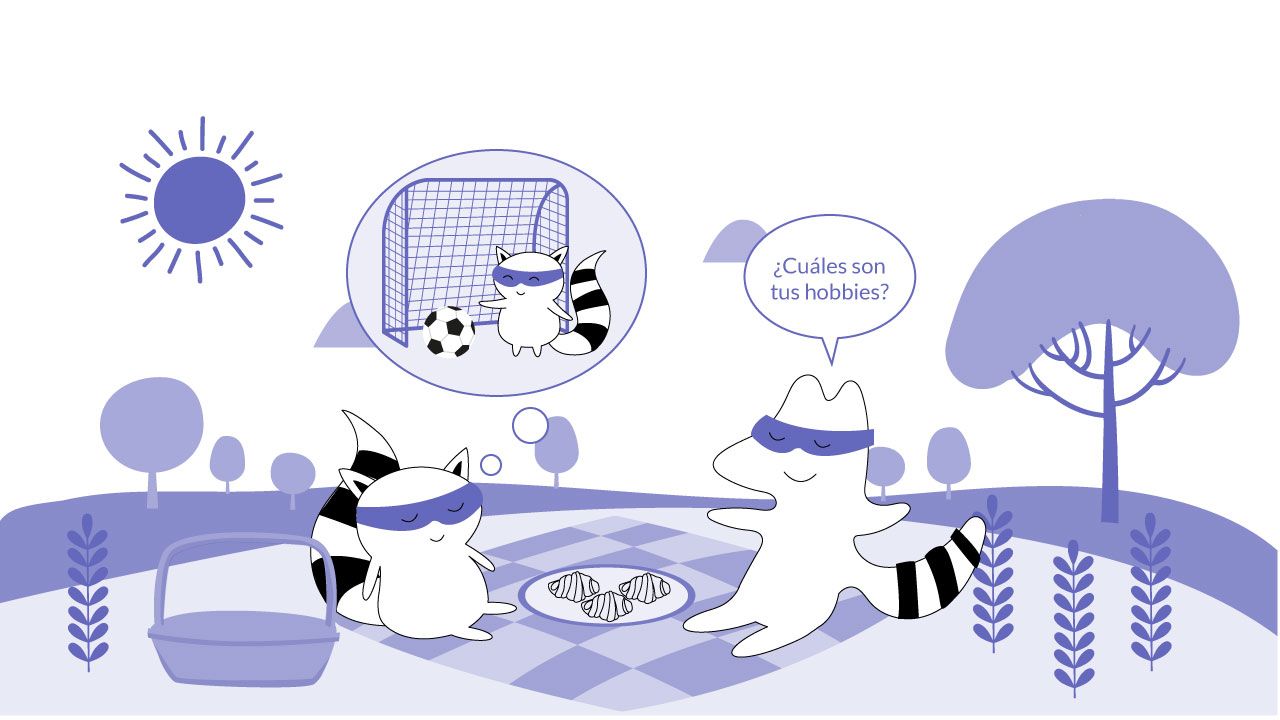
¿A qué te dedicas?
If you want to ask someone what they do for a living in Spanish, you can say ¿A qué te dedicas? This phrase means "What do you do?" and is a great way to learn more about a person’s occupation.
Spanish
English
¿A qué te dedicas?
What do you do?
They may reply with their job title, or they may describe what they do. For example, if someone is a doctor, they might say, Soy médico.
¿Qué haces?
If you come to a lull in the conversation, you can always say ¿Qué haces? This phrase means "What are you doing?" and is one of the most common ways to keep the conversation going.
Spanish
English
¿Qué haces?
What are you doing?
They may reply with what they're doing at the moment, or they may tell you about something they're planning to do. For example, if someone is going to the movies, they might say Voy al cine.
Alternatively, you can use the phrase ¿Qué estás haciendo? which is the same as ¿Qué haces? but is a little bit more formal. The more formal phase is better for conversations with people you don’t know well.
Spanish
English
¿Qué estás haciendo?
What are you doing now?
¿Qué tal?
If you want to ask someone how they're doing in Spanish, you can say ¿Qué tal? This phrase means "How are you?" and is perhaps the most common way to start a casual conversation in Spanish.
Spanish
English
¿Qué tal?
How are you?
Alternatively, you can use the phrases ¿Cómo estás? or ¿Cómo va todo? which are both informal ways to say How are you? in Spanish.
The Bottom Line
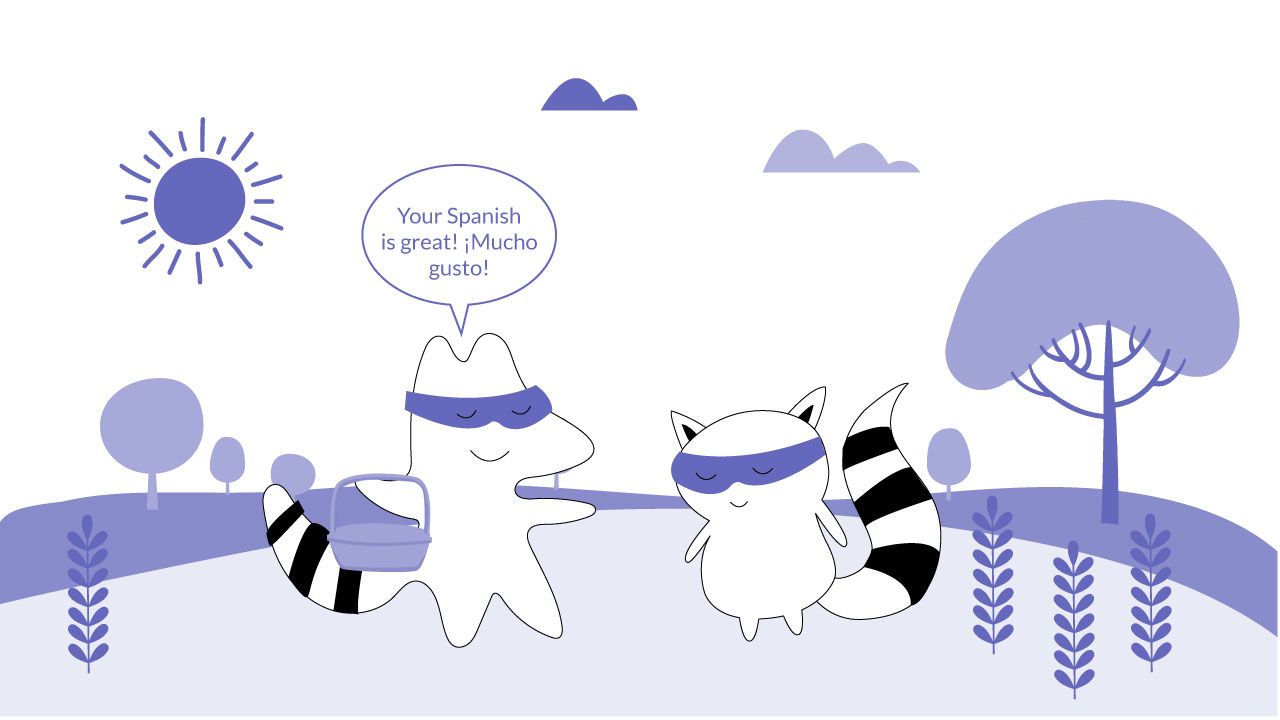
Getting to know someone in Spanish can be a fun and rewarding experience. By using the phrases here, you'll be able to start conversations with Spanish speakers and learn more about them. You can ask them about their hobbies, interests, and family. You can also find out where they're from and what they do for a living.
Also, don’t hesitate to download our Langster app and start learning Spanish with stories. This way, you’ll find even more phrases to use in your Spanish conversations. So, what are you waiting for? Start practicing these phrases today!









